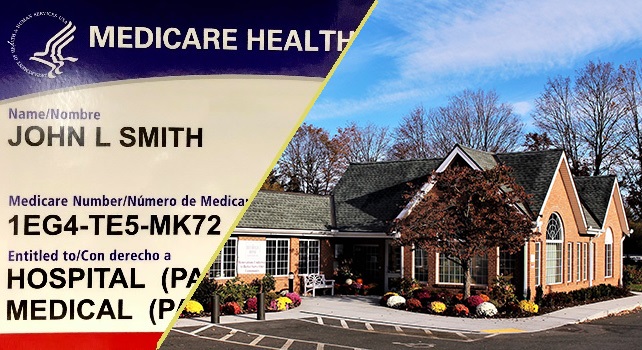On Monday, January 6, 2025, President Joe Biden signed the Social Security Fairness Act into law. The act will enhance benefits for tens of millions of government retirees and their current or former spouses.
What is the Act?
The act eliminates two longstanding provisions of Social Security law – the Windfall Elimination Provision and Government Pension Offset – that were intended to prevent “double dipping” where an individual or spouse worked primarily in government jobs where they paid into a government pension system instead of paying social security withholdings (the main part of FICA tax). In general, retirees who are low-wage workers receive a much larger percentage of their SS-taxed earnings back in their social security check than moderate and high-wage workers. If that person is married to a “bread-winner” spouse, they are also more likely to collect a percentage of their spouse’s benefit than a benefit based on their own earnings. The WEP and GPO laws adjusted the ability of government retirees who merely “look poor” in Social Security’s system to collect those more generous bottom-heavy checks, or to collect a full government pension and a full spousal social security check. While it will take some time for the Social Security Administration to implement these changes, those restrictions are now eliminated.
Who is effected?
Any government retiree who receives a government pension in the United States, and is old enough to collect Social Security or deemed disabled by Social Security, will benefit from these provisions. Most federal employees (including postal and railroad, not including military) are covered, and below that, most education, emergency, and transportation employees for cities and states, as well as others who have collectively bargained pensions, are also covered by the law. They can now collect their full Social Security benefit – or spousal benefit, if more – as well as their full government pension. Eligible current and former spouses can collect a spousal benefit on their government retiree spouse; while widows of government employees who receive a survivor’s pension may also claim their full survivor’s Social Security check.
The government will start by providing a lump-sum corrected benefit for the amounts held back in 2024 under the special provisions which have been lifted. To follow the status of the changes, the Social Security Administration is providing ongoing updates at https://www.ssa.gov/benefits/retirement/social-security-fairness-act.html.
Is there a downside?
Several state-run programs for seniors depend primarily on the individual or married couple’s income to determine eligibility, and those income limits will not change in response to the law. That means that it is possible this additional income will be disqualifying for those benefits. The most common of these will be home energy assistance and property tax abatement/discounts. Additionally, individuals who contribute excess income to a pooled trust account to receive in-home help under the Home Care Program, PCA Waiver, or other Medicaid waiver programs, will need to adjust their contributions. Households with government pensions typically do not qualify for Medicaid (HUSKY Health), SNAP (food stamps), or Medicare premium relief under the Medicare Savings Plan (QMB), but all of these programs are also limited by household income. If you have concerns that you or a love one may become disqualified for any benefits due to increased Social Security payments in New Haven County, contact Elder Law Attorney Scott Rosenberg at (203) 871-3830 or Scott@CTElder.com for an initial consultation.






